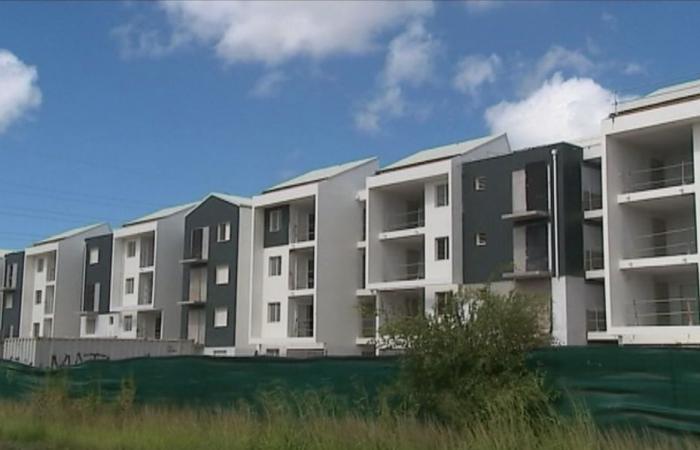Unless there is an unexpected reversal in Parliament, the “Pinel” system should end on December 31, 2024. It was launched in 2014 to boost the construction of new housing in regions under tension, particularly overseas.
Over the past 10 years, many owners have benefited from it. A large majority of overseas territories, including Guadeloupe, are eligible for the Pinel system.
Individuals who invest in new rental housing can benefit from tax reductions, under certain conditions.
In 2024, this reduction could range from 20 to 30% of the investment amount within the limit of 18,000 euros per year. Depending on whether the owner agrees to rent his accommodation for a period of 6 to 12 years.
The Pinel + system, more advantageous, concerns housing located in a priority district of city policy which meets certain energy and environmental performance criteria.
To benefit from these tax reductions, the accommodation must be rented empty and the tenants' income, like the rents, is capped.
For 10 years, the Pinel system has boosted the construction of new housing in Guadeloupe.
With the planned disappearance of the Pinel Law, the entire economy of Guadeloupe could be seriously disrupted.
People who are above the ceilings for social housing could find housing thanks to construction aided by the Pinel law. This will already have an impact on the rental market which is already very tight. And then, there is a second impact, which is that there will be much less housing construction, much less consumption of materials, therefore less activity for Guadeloupe.
Patrice Lasnier, administrator of the construction federation
According to the building federation, all of the housing built thanks to the Pinel Law is today occupied.
While developers have already considerably reduced their planning of real estate programs since the announcement of the withdrawal of the system, they are still waiting for a possible replacement measure.
In the 2025 Finance Bill, there is nothing planned. So, in September, a report from the Court of Auditors on the Pinel Law, apart from raising some inconsistencies, still emphasized the fact that this met a need, that all the housing was occupied. And therefore there was a need to help provide intermediate housing in Guadeloupe and throughout France, since the disappearance of the Pinel Law concerns the whole of France.
It therefore remains to be seen what the first real repercussions of the withdrawal of this law will be, starting next year.
Analysis by Nadjet Arezki, real estate advisor. She was Christelle Théophile's guest on the television news on Tuesday, November 12:






